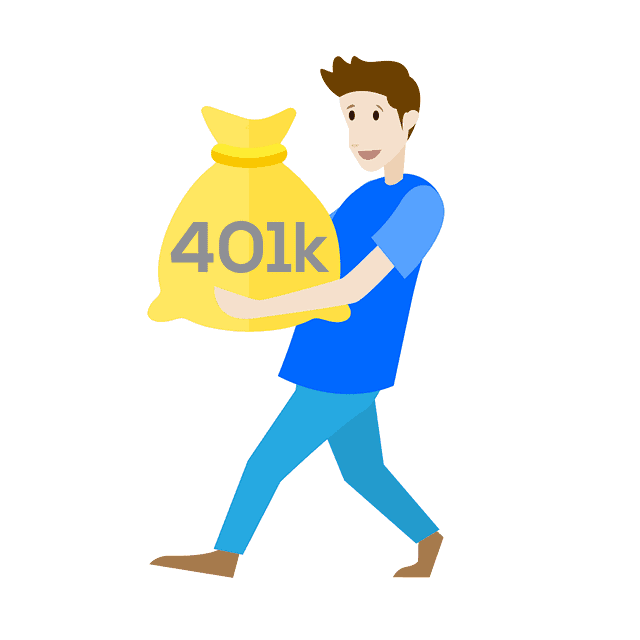The Best Damn Arkansas Bankruptcy Lawyer
Debt Relief, Arkansas-Style: What You Don’t Have to Worry About After Bankruptcy
Curious about which debts you can kiss goodbye when filing for bankruptcy in Arkansas? Our law firm is here to break it down for you:
- Credit Card Debt: Say farewell to those nagging credit card balances.
- Medical Debt: We understand that medical bills can pile up. We’re here to help you clear the slate.
- Car Loan: Yes, even car loans can find some relief in the Arkansas bankruptcy code.
- Stop Wage Garnishment: We’re on your side, fighting to put an end to those paycheck deductions.
- Stop Foreclosure: Keeping your home is essential, and we’ll work to help you keep it.
- Other Unsecured Debts: Whatever unsecured debts are weighing you down, we’ll help you find a way out.
- Other Secured Debts: We’ll explore all options to give you a fresh start, even with secured debts.
- Fair Credit Reporting Act: Our honest approach means we’ll fight to remove those negative credit report items, helping you rebuild your financial reputation.
With our working-class spirit and Southern vibe, we’re your legal Samaritans, rooting for the underdog and providing a down-to-earth approach to bankruptcy relief in Arkansas.

Dependable Bankruptcy Guidance From an Experienced Bankruptcy Attorney in Arkansas
In the heart of the working class, we’re the experienced attorneys who get you. Life can throw some curveballs, and we’re here to help you navigate through them with down-to-earth wisdom:
- Assistance Tailored to You: We’re not like other lawyers. We listen, we care, and we customize a strategy that suits you and your family’s unique financial journey.
- A Fresh Start: Whether you’ve hit a rough patch, faced job loss or pay cuts, or are stuck in a never-ending cycle of high-interest credit card debt, we’re the honest folk heroes who can provide you with the fresh start you deserve.
- Creditor Woes: When those relentless creditors have you feeling like you’re giving the bird to authority, we step in, no matter if you own property or have complex financial entanglements.
- Asset Protection: If you need to safeguard your home, car, or other investments, we’re your working-class advocates.
Different Paths or Types of Filing Bankruptcy in Arkansas
If you are having a hard time controlling your debt and are being harassed by creditors, the WH Law Bankruptcy Law team can guide you through the bankruptcy process and discuss the options available to your case. When it comes to tackling debt and standing up to those relentless creditors, we’re the trusted faces of bankruptcy law in Arkansas, with a Southern touch:
Arkansas offers two bankruptcy options. Our experienced team of Arkansas bankruptcy attorneys will help you choose the right path. Whether it’s Chapter 7 or Chapter 13, we can help you find the right bankruptcy solution tailored to your needs and those of your family.
Chapter 7 Bankruptcy: Your Fresh Start
Picture Chapter 7 bankruptcy as the straightforward, no-nonsense path to financial debt relief. It’s often called the “short-and-sweet” option, allowing you to keep what matters most, such as your home, car, retirement savings, and cherished possessions. In Arkansas, Chapter 7 can potentially safeguard these assets.
With Chapter 7, most of your debts can be discharged, leaving you with a clean slate. All of your debts will be wiped away except for those debts you intend to continue paying, such as your mortgage and car note (or car payment).
To qualify for Chapter 7 in Arkansas, your income and expenses must be considered, but determining if you qualify for Chapter 7 isn’t just about income; it’s a nuanced process that requires the expertise of a seasoned Arkansas bankruptcy attorney who can assess your unique situation and guide you toward the right choice.
Chapter 13 Bankruptcy: Reorganize and Regain Control
If life has thrown you a curveball and you’re struggling to catch up on payments for vital assets like your mortgage or car loan, Chapter 13 steps in as a reliable friend. Unlike Chapter 7, a Chapter 13 bankruptcy case is known as “reorganization”. It involves creating a plan and working through your financial challenges.
To initiate a Chapter 13 bankruptcy case, you’ll need a steady source of income. You’ll make manageable monthly payments to a Chapter 13 trustee from this income. Notably, the trustee doesn’t dictate how these payments are allocated; in other words, the trustee has no say in how the payments are applied toward your debt. They simply follow the plan outlined in your Chapter 13 plan, which is submitted on your behalf.
Under Chapter 13’s protective umbrella, you’re shielded from creditors as long as you adhere to your plan. The reorganization process typically spans from 36 to 60 months, offering you the time needed to catch up on payments and gradually pay off your debts. Additionally, Chapter 13 may enable you to eliminate some or all of your unsecured debts, such as credit cards or medical bills. It can also halt impending foreclosure proceedings or wage garnishment.
With a working-class spirit and a down-to-earth approach, we’re here to guide you through Chapter 7 and Chapter 13 bankruptcy options. Our goal is to help you regain control of your financial destiny, one step at a time.
Reach Out to Our Arkansas Bankruptcy Lawyers Today
Every situation is unique, just like you. Whether you’re facing foreclosure, drowning in medical debt, grappling with unsecured debts, or dealing with the financial aftermath of life-altering events like death or divorce, you’ll want the assistance of down-to-earth, experienced bankruptcy lawyers to guide you through the maze.
When you make that call to WH Law for a free bankruptcy consultation, you’re reaching out to a team that understands the working-class struggles you may be facing. We’ll closely examine your monthly living expenses and engage in a heart-to-heart conversation to determine whether Chapter 7 or Chapter 13 bankruptcy is the right path for you.
Our experienced attorneys get it — declaring bankruptcy can be a challenging and intimidating process. But, with us by your side, you’ll have trusted folk heroes working hard to ensure you comprehend every facet of your case. We’re committed to making your bankruptcy journey as smooth as sippin’ sweet tea on a Southern porch, with minimal disruption to your life.
Rest assured, our Arkansas bankruptcy attorneys take meticulous care in reviewing every bankruptcy petition to ensure precision and compliance with the intricate and ever-changing United States Bankruptcy Code. If needed, we can even file your case on the very same day as your consultation. So, why wait? Reach out to WH Law today and schedule your free initial consultation with honest, working-class legal advocates who are here to help you find your way to financial stability.
Ready to regain control of your financial destiny and explore your bankruptcy options with an honest, down-to-earth partner? Don’t navigate this challenging journey alone. Schedule your free consultation with WH today! Our down-home spirit is here to guide you towards a fresh financial start. Take the first step towards financial freedom now!



